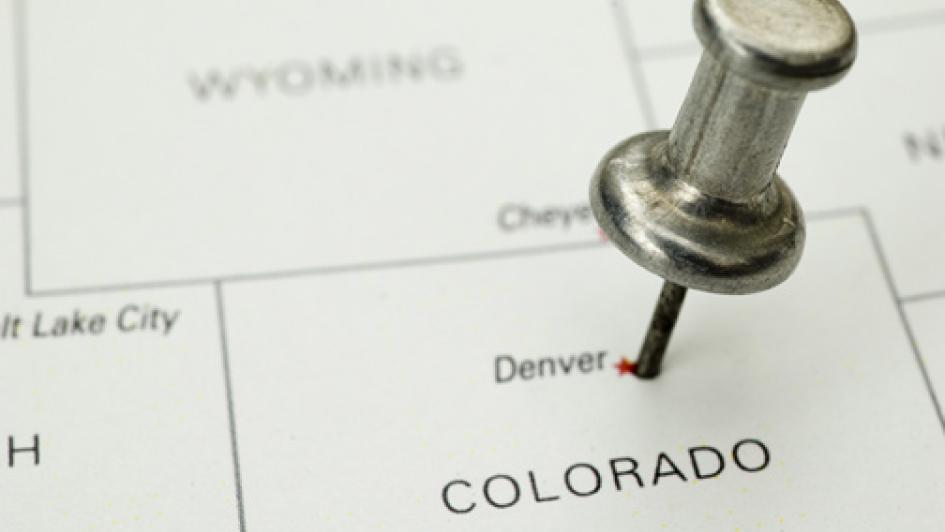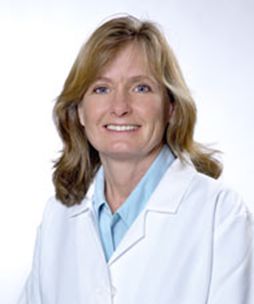Colorado Passes Law Recognizing Naturopathic Doctors

Published
Colorado will allow naturopathic doctors (NDs) to register as legal health care providers after Gov. John Hickenlooper on June 5 signed into law a measure fiercely supported by NDs and their patients. The state becomes the 17th to provide legal recognition for NDs, along with the District of Columbia.
The law is a major victory for the field of naturopathic medicine, signaling a growing interest among lawmakers to support prevention-focused health care. Bills supporting naturopathic medicine also advanced in the New York and Pennsylvania legislatures last week.
“Naturopathic doctors are going to be a key component in health care, saving the state millions of dollars through their focus on disease prevention and natural treatment, such as nutrition, lifestyle counseling and botanical medicine,” Sen. Linda Newell (D-Littleton), the bill’s sponsor in the Colorado Senate, said in a news release.
The law recognizes NDs only if they have completed a 4-year post-graduate program at an accredited naturopathic medical school and have passed a national science and clinical board exam. That will help the public distinguish between trained NDs — who are educated in conventional medicine along with traditional healing — and unrecognized practitioners without degrees from accredited schools.
The law paves the way for more collaboration between Colorado NDs and medical doctors (MDs), says Denise Clark, ND, president of the Colorado Association of Naturopathic Doctors.
"This gives us a seat at the table in health care in Colorado," says Dr. Clark. "It will increase the visibility of our profession and give the public a better understanding of naturopathic doctors. And it will give them more choice in health care."
Educating Lawmakers
 The law (full text here) stops short of providing full licensure. Instead, it allows qualified NDs to register with the state and enables them to carry malpractice insurance and set annual professional education requirements. The state Department of Regulatory Agencies will form an advisory committee overseeing naturopathic medicine. Beginning in June 2014, unregistered practitioners may no longer practice as naturopathic professionals.
The law (full text here) stops short of providing full licensure. Instead, it allows qualified NDs to register with the state and enables them to carry malpractice insurance and set annual professional education requirements. The state Department of Regulatory Agencies will form an advisory committee overseeing naturopathic medicine. Beginning in June 2014, unregistered practitioners may no longer practice as naturopathic professionals.
The governor’s signing capped off a dramatic campaign by state NDs and their patients. They faced opposition from the better-funded Colorado Medical Society and from unlicense-able practitioners without accredited academic degrees. They succeeded by meeting with every lawmaker in the statehouse and rallying a letter-writing campaign from patients and students of natural medicine. The flood of support for the field proved decisive, says Jud Richland, chief executive of the American Association of Naturopathic Physicians (AANP).
“They were relentless in educating legislators about naturopathic doctors,” he says. “They had an unbelievable leadership team, led by Denise Clark, who was in the Capitol building sometimes 12 or 14 hours a day. They put together an unbelievable lobbying effort. There were many, many, many times during the process when it looked like the bill was going to die, and somehow they overcame whatever obstacles got in their way.”
That effort required Dr. Clark and other doctors to scale back their own practices for the past five months. The victory sends a positive signal to other states, says Richland.
“Success breeds success,” he says. “Every state law that gets through makes it easier for the next one to pass. It tells me there’s a lot of momentum on our side. The health system is generally moving in our direction with prevention and wellness and cost-effective care.”
Supporters had to make significant compromises along the way, and the law limits Colorado NDs from practicing the full scope of their medical training. The final bill prevents them from practicing obstetrics or treating children younger than 2. It also limits their prescription abilities. State NDs will work to expand their legal scope of practice now that they have initial recognition — a path that other states such as California have followed.
Support for Students
The law encouraged Bastyr University naturopathic medicine students who hope to practice in Colorado. Many of them supported the effort by writing and soliciting letters and by joining the DC-FLI trip to build political support for naturopathic medicine in Washington, D.C.
“I have always planned to practice in Colorado regardless of a law,” says Jim Gilchrist, a naturopathic medicine student at Bastyr. “But the news helps take away some of the apprehension by giving us a legal footing to do some of the basic things we've been learning in school.”
Rosia Parrish, another Bastyr student from Colorado, says it was even more impressive knowing the state association almost chose to wait until next year to lobby, knowing it would be outspent. This is a crucial year for building political support, since the implementation of health care reform has major implications for naturopathic medicine.
“As a student I am proud of what has happened since December with Dr. Clark's decision to move forward,” says Parrish. “I am even prouder of how many letters of support we got from patients and students. It is such a joy to see how many people love this profession and believe in the possibilities of it.
“This is not just another state being licensed — this is about the journey of licensing all 50 states.”
----
Related: Health Care Reform Extends Reach of Naturopathic Medicine

